SLOVAK PM Robert Fico to EXPEL foreign COUP PLOTTERS from country
In a bold move that has attracted significant attention, Slovak Prime Minister Robert Fico has announced plans to expel foreign coup plotters from the country. The statement, made in a recent address, comes amidst growing concerns over political instability in Slovakia and the broader region. Fico’s announcement has sparked both support and criticism, raising important questions about Slovakia’s role in European geopolitics and its commitment to national sovereignty. In this article, we will explore the context behind Fico’s decision, the potential implications for Slovakia’s political landscape, and the international reactions to his bold stance.
The Context of Fico’s Announcement
Robert Fico, who has served as Slovakia’s prime minister in multiple terms, is no stranger to political controversy. Known for his strong nationalist positions and criticism of Western institutions like the European Union and NATO, Fico has been a prominent figure in Slovak politics for years. His recent announcement to expel foreign coup plotters is seen as a response to rising concerns over external influence in Slovakia’s internal affairs.
Fico’s statement follows reports of increasing foreign interference in Slovak politics, particularly from nations with interests in destabilizing the government. While he did not name specific countries, the implication is that foreign actors—whether state-sponsored or independent—have attempted to influence the political process in Slovakia, potentially using subversive tactics. Fico’s decision to expel these alleged coup plotters sends a strong message about his commitment to protecting Slovakia’s sovereignty and resisting external pressure.
The Alleged Coup Plotters
While details about the specific nature of the alleged coup plot are limited, reports suggest that foreign operatives or individuals with ties to foreign governments have been attempting to destabilize the Slovak government. The nature of these alleged activities includes attempts to influence elections, disrupt political stability, and sow discord within the country’s ruling coalition.
Slovak authorities have not provided clear evidence regarding the identities or the countries involved in these activities. However, there have been growing concerns that foreign powers are attempting to exploit political divisions within Slovakia, particularly in light of recent elections and shifting alliances within the government. Some analysts believe that the alleged plotters may have sought to create an environment of chaos or uncertainty, paving the way for a political shift that aligns with their interests.
Fico’s decision to expel these individuals is framed as a preventative measure to safeguard the democratic process and ensure that Slovakia remains free from foreign interference. By taking swift action, he aims to send a message that Slovakia will not tolerate external meddling in its affairs.
Fico’s Nationalist Agenda and Its Influence
Robert Fico’s political career has been defined by his nationalist and populist positions, which often include skepticism toward the European Union and NATO. Throughout his tenure as prime minister, Fico has advocated for policies that prioritize Slovak sovereignty and independence, even if it means challenging the norms of the European Union or distancing Slovakia from Western alliances. His government has been characterized by a focus on securing the country’s interests in a volatile geopolitical environment.
Fico’s decision to expel the alleged coup plotters fits within this broader nationalist agenda. By taking a stand against foreign interference, Fico is reinforcing his position as a defender of Slovakia’s national sovereignty. His stance also plays into the broader trend of European populism, where leaders like Hungary’s Viktor Orbán and Poland’s Law and Justice Party have adopted similarly anti-foreign intervention rhetoric.
Critics, however, argue that Fico’s actions may be part of a larger strategy to consolidate his power within Slovakia. Some believe that the accusation of foreign interference could be used as a way to rally domestic support and divert attention from potential internal issues. Whether this move is purely about protecting Slovakia’s sovereignty or also about strengthening Fico’s political standing remains a point of debate.
The International Response to Fico’s Decision
Fico’s decision to expel foreign coup plotters has elicited a wide range of responses from the international community. While some view his actions as a legitimate defense of national sovereignty, others are concerned about the potential for further political isolation. Slovakia’s position within the European Union and NATO could be tested by such a bold stance, especially if Fico’s actions are seen as undermining the principles of democratic governance and stability.
The European Union, which has long supported Slovakia’s integration into European institutions, may be particularly wary of any actions that threaten the country’s commitment to democratic norms. Foreign interference in domestic politics is a sensitive issue for many EU member states, and Slovakia’s response to these allegations could influence its relationship with other European countries. If the expulsion of foreign operatives leads to tensions with key European partners, Slovakia’s role in EU decision-making could become increasingly complicated.
On the other hand, countries with interests in countering Western influence may support Fico’s stance. Some see his opposition to foreign meddling as a sign of strength, particularly in the context of rising global tensions between Western powers and countries like Russia and China. Fico’s willingness to challenge foreign influence could resonate with leaders who share similar anti-interventionist views.
The Impact on Slovakia’s Political Landscape
Fico’s announcement is likely to have significant consequences for Slovakia’s domestic political environment. By expelling foreign coup plotters, Fico is positioning himself as a leader who is committed to preserving the integrity of the Slovak state. This could galvanize support among his political base, especially those who are wary of foreign influence and advocate for a stronger, more independent Slovakia.
At the same time, the move could deepen divisions within Slovakia’s political landscape. Opponents of Fico may see this as an attempt to rally nationalist sentiment at the expense of democratic values and international cooperation. Critics may argue that this kind of rhetoric only serves to deepen political polarization and distract from pressing issues within Slovakia itself.
The long-term impact on Slovakia’s political stability will depend on how Fico’s actions are perceived by the public. If his decision to expel foreign operatives is seen as a legitimate defense of national sovereignty, it could strengthen his position in future elections. However, if his actions are viewed as politically motivated or as an attempt to suppress opposition, it could lead to backlash and protests from Slovak citizens.
In Conclusion
Slovak Prime Minister Robert Fico’s decision to expel foreign coup plotters is a bold and controversial move that highlights the complexities of Slovakia’s position in European geopolitics. By taking a strong stance against foreign interference, Fico is asserting Slovakia’s sovereignty and reinforcing his nationalist agenda. However, the decision also raises important questions about the future of Slovakia’s relationships with the European Union, NATO, and other global powers.
As the situation develops, it will be crucial to monitor how Fico’s actions shape Slovakia’s political landscape and its standing on the international stage. Whether this move strengthens his position or deepens political divisions within Slovakia remains to be seen, but it is clear that Fico is determined to protect his country from external threats, whatever the cost.
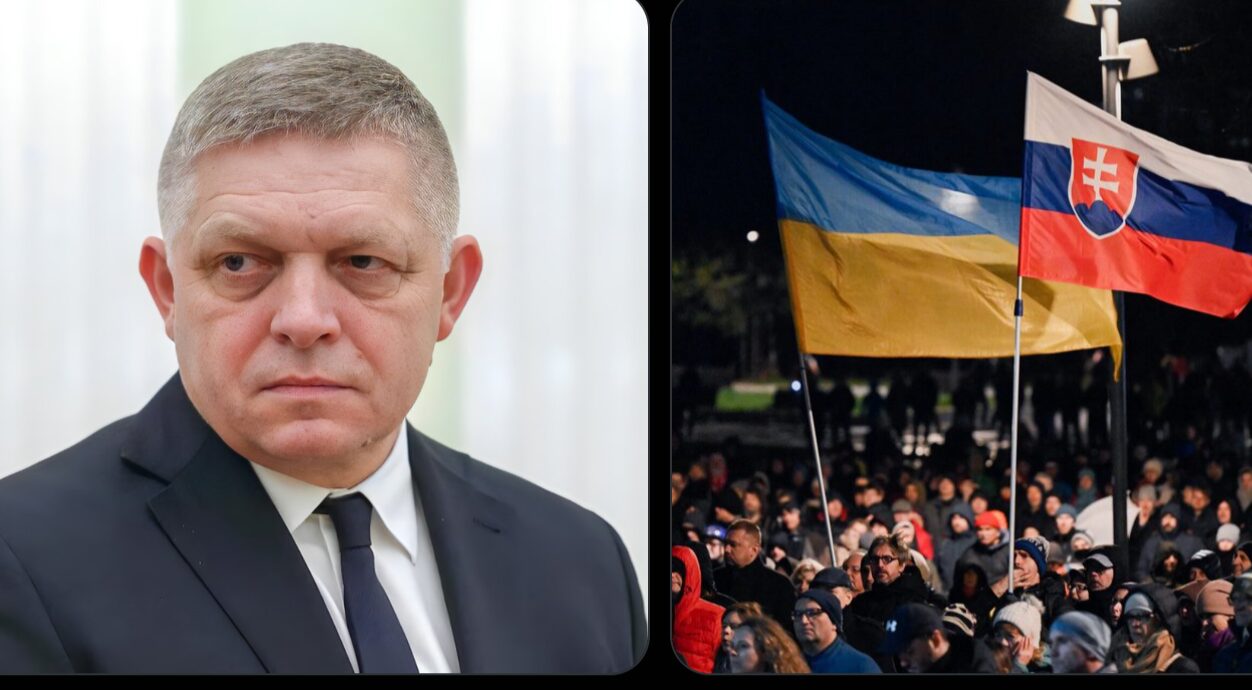


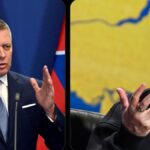

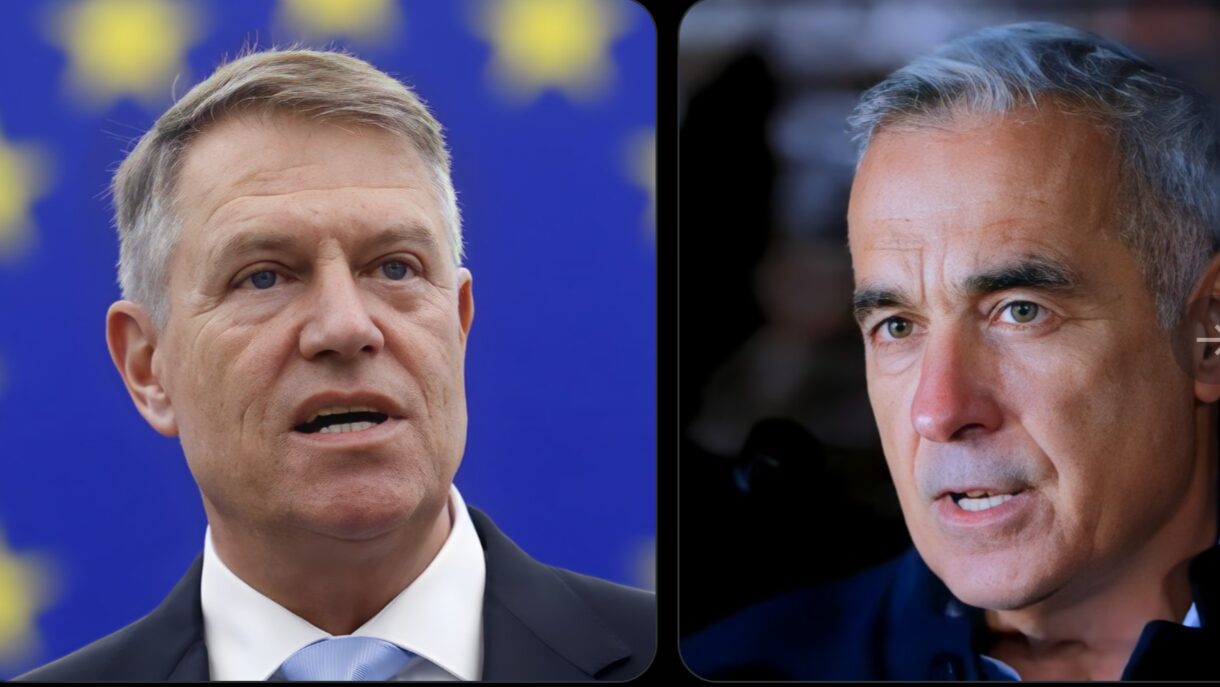
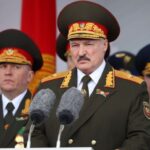
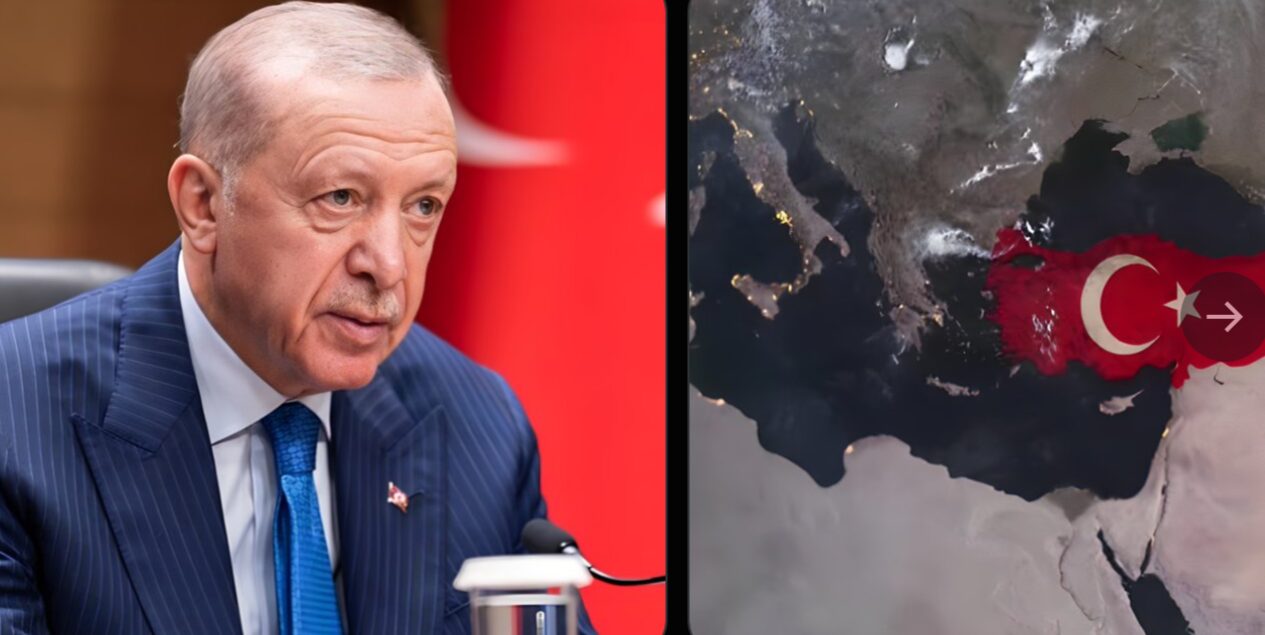









Post Comment